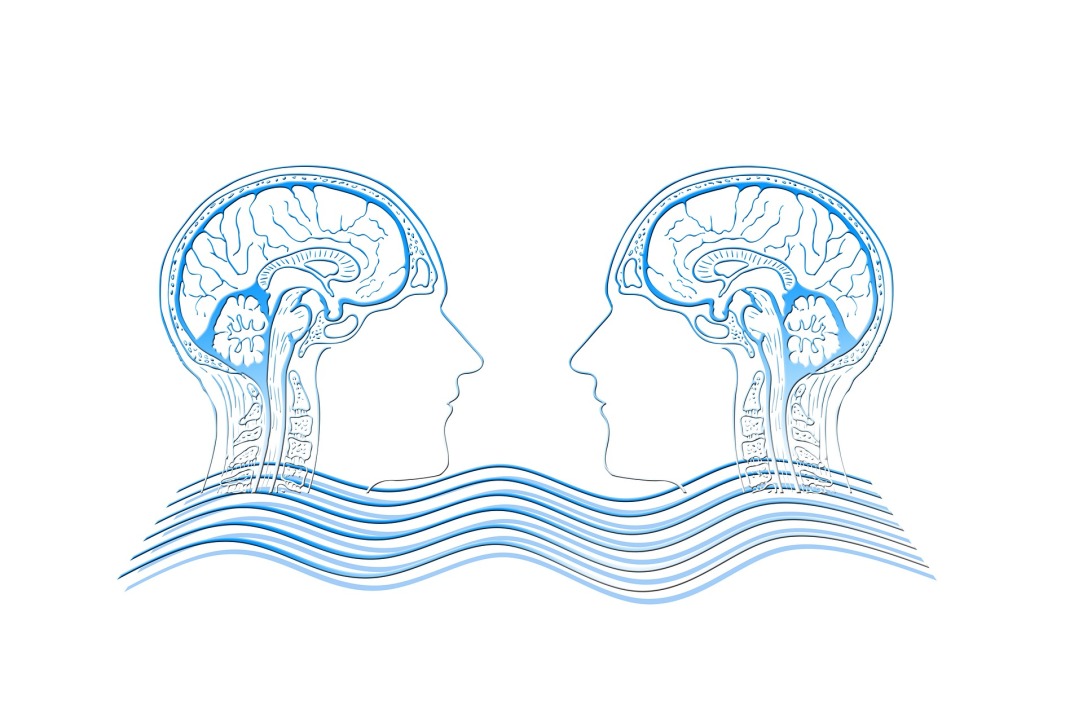The 2nd International Conference on Social Neuroscience in Ecologically Valid Conditions was held
The online conference was devoted to the latest global advances in social neuroscience using naturalistic stimuli. Leading Russian and foreign scientists participated in the online conference.

Social neurobiology is a very interesting and dynamic field, which extends from the study of the effects of pheromones on emotional behavior in animal models to the brain mechanisms of language processing and decision-making in humans. Most existing neuroscience research methods use paradigms in which participants in an experiment are asked to perform a task broken down into several discrete steps. For example, a participant may be asked to share a certain amount of money with a task partner, or to make a decision to buy a certain product by looking at a picture of it. In real life, a person makes similar decisions, but the environment in which this happens looks very different. In reality, we usually have the opportunity to communicate directly with another person, or to look at a product from all sides and get feedback on it if it is a purchase. In such an environment, information comes through different channels (auditory, visual, tactile, etc.) and is processed in the brain continuously. Therefore, standard paradigms based on simple limited stimuli do not provide a complete picture of the neural mechanisms of decision-making, especially in a social context. Therefore, it is the use of ecologically valid, i.e. close to the natural environment, paradigms that is particularly important.
Recent advances in neuroscience research methodology, such as machine learning algorithms combined with modern neuroimaging techniques, have greatly facilitated the study of neural mechanisms in the field of social neuroscience. The conference held on October 19-20 was dedicated to the latest achievements in this area.
The event was attended by leading Russian and foreign scientists: Vicky Baas, Raul Gainetdinov, Nina Kazanina, Vasily Klucharev, Krishna Miyapuram, Feng Sheng, Yuri Shtyrov and others.
The conference program included oral presentations by invited speakers, poster sessions and workshops. Presentations ranged from neuro-studies of perception of green areas in urban environments to studies of brain activity while listening to music, watching movies and meditating.
The conference participants also took part in workshops devoted to the use of inter-subject correlation for the analysis of EEG data.
